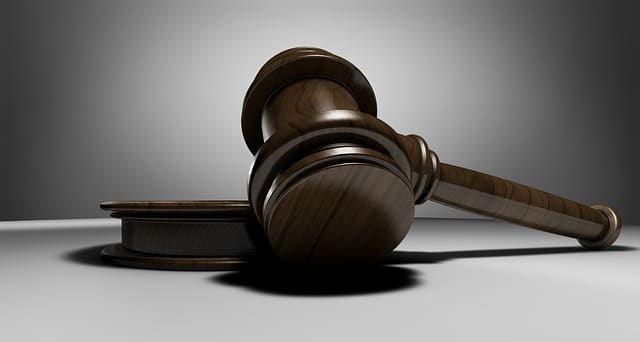
The Charge
What is the nature of the charge? The kind of crime committed will determine what the amount of bail will be. Depending upon the intensity of the charge, the judge can increase the bail amount to a figure that is not affordable for the accused. Common felony charges are normally going to have a high bail amount, or the judge will deny bail to the accused. Normally in a murder case, it is rare to see an affordable bail amount. The judge also has the right to deny bail based on intensity, such as a a case were ruling on a death sentence, or there is clear evidence to show proof of guilt by the accused. Of course, each judge acts according to their district and their own guidelines and rules.
Criminal History
If the accused has prior offenses on their criminal record, there is a good change the bail amount will be higher. The bail for those with a clean record are normally lower, especially if the crime is of a lesser charge. Bail can be denied for a person who is on parole, or has another ongoing case. A person who commits a crime on parole is in breach of their bail release agreement and bail will normally be denied.
Flight Risk
A person who the court considers to be someone that will run the moment they are released can be denied bail. If the person has skipped court in the past, or they have past behaviors that show they are likely to flee the country, they will be denied bail. If the accused is not a US citizen, they are not granted bail and can be deported to their own country.
Witness Tampering
If a judge believes there is evidence to show the accused is trying to tamper with witnesses or evidence, they can be denied bail. Sexual assault cases and capital crime are those that tend to have a lower possibility for bail based on the possibility of contacting the victims or witnesses to the crime.
A judge will provide a fair trial by law, and most will provide bail if possible. It is important for the judge to look at all the factors of the accused and the circumstances around the crime as they determine if the person qualifies for bail. Contact AAA Bail Bonds to discuss your case, and we can help you understand how to make bail arrangements for a friend or loved one if needed.



Leave a Reply